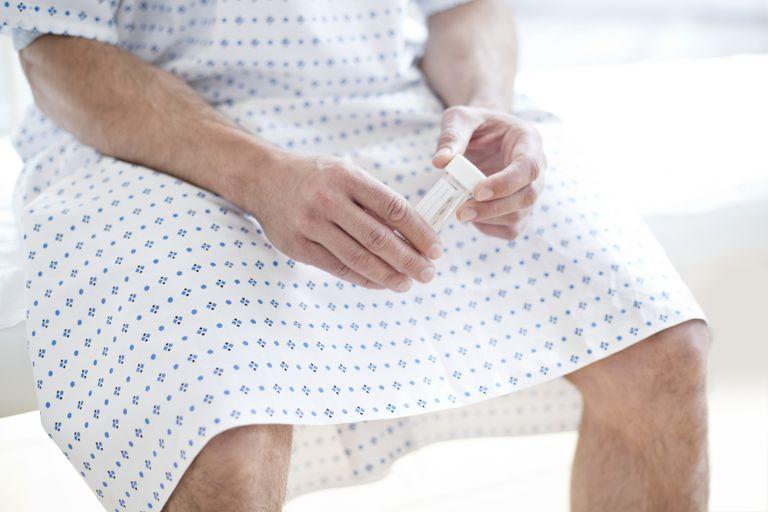What solutions are available for incontinence caused by cancer?

Incontinence care after cancer has advanced significantly in recent years. Your doctor can help you understand options and after discussing your treatment goals, help you decide what is right for you. Here are just a few of the available choices.
Behavioral changes
Living with incontinence can be frustrating. Although a lot of men find that urinary control returns as they recover from surgery, they feel anger, shame, and impatience during the process. One solution is to control what you can control. Kegel exercises can strengthen the muscles involved in holding urine. Bladder training can also help you have more control over accidents. Other changes, such as regular exercise, smoking cessation, and weight loss can reduce irritation and pressure on the bladder thus reducing accidents.
Medications
You may want to adjust the medications you are taking if they worsen symptoms. Review all medications you are taking with your doctor. Your doctor may also prescribe medication that helps with your symptoms. There are medications available to shrink your prostate if the blockage is causing incontinence or calm the muscles in the bladder if spasms are causing incontinence. Some men may find compression devices helpful. These are placed on the penis to help prevent urine from coming out.
Men’s Liberty
Men’s Liberty is a safe, secure and easy to use external catheter system. It carries virtually no risk of infection and provides 24-hours of protection. Men’s Liberty is appropriate for all types of male anatomy and protects the skin from rash and irritation. Enjoy your normal activities without worrying about leaks or accidents. Men’s Liberty is covered by more than 3,000 insurance plans and depending on your plan you may qualify for Men’s Liberty at little to no out-of-pocket cost.
Absorbents
Pads and incontinence briefs are another option. When choosing, understand how much absorbency you can expect from the product you choose to avoid embarrassing accidents. Always carry extras with you and change as soon as the absorbent becomes wet to protect yourself from rash and odor.
Surgery
If there has been no improvement in your symptoms over time, you may want to consider surgery as incontinence care after cancer. Options include injections, removal of blockages, a scrotal pump or artificial sphincter. Talk with a few doctors as well as men who have had each procedure you are considering to fully understand what you can expect during and post-surgery.
Be proactive about managing incontinence. Although it can be frustrating, it shouldn’t be the biggest thing on your mind. Solutions like Men’s Liberty can give you the freedom, dignity, and confidence to get on with your normal activities. Call us today to get started.
